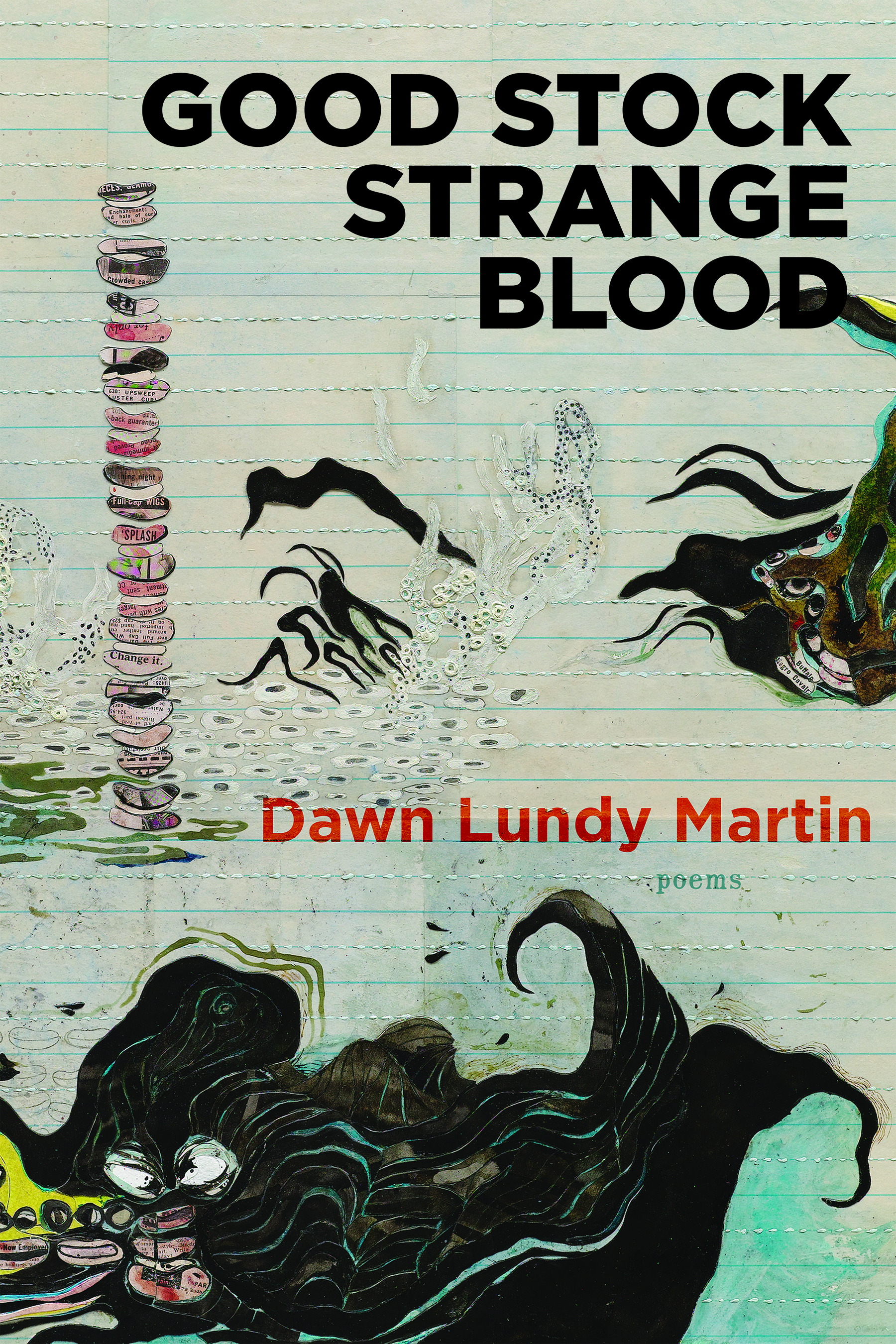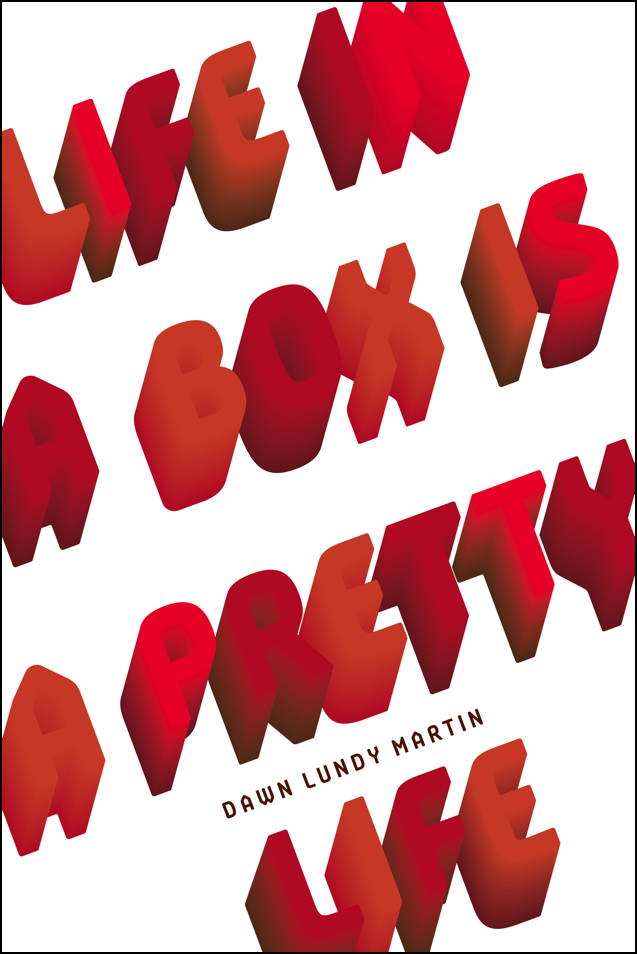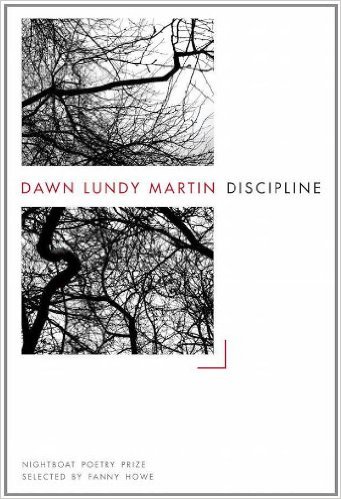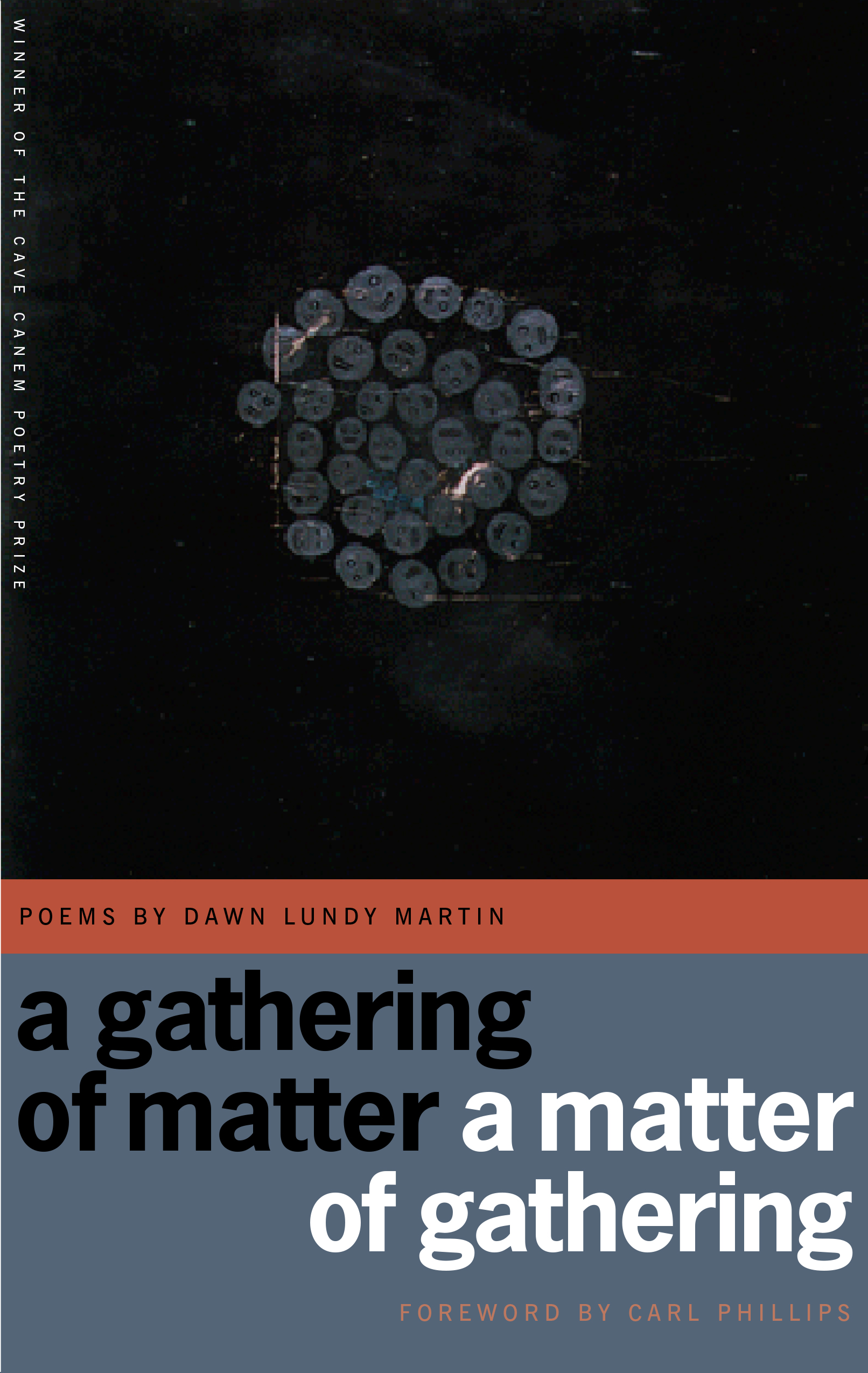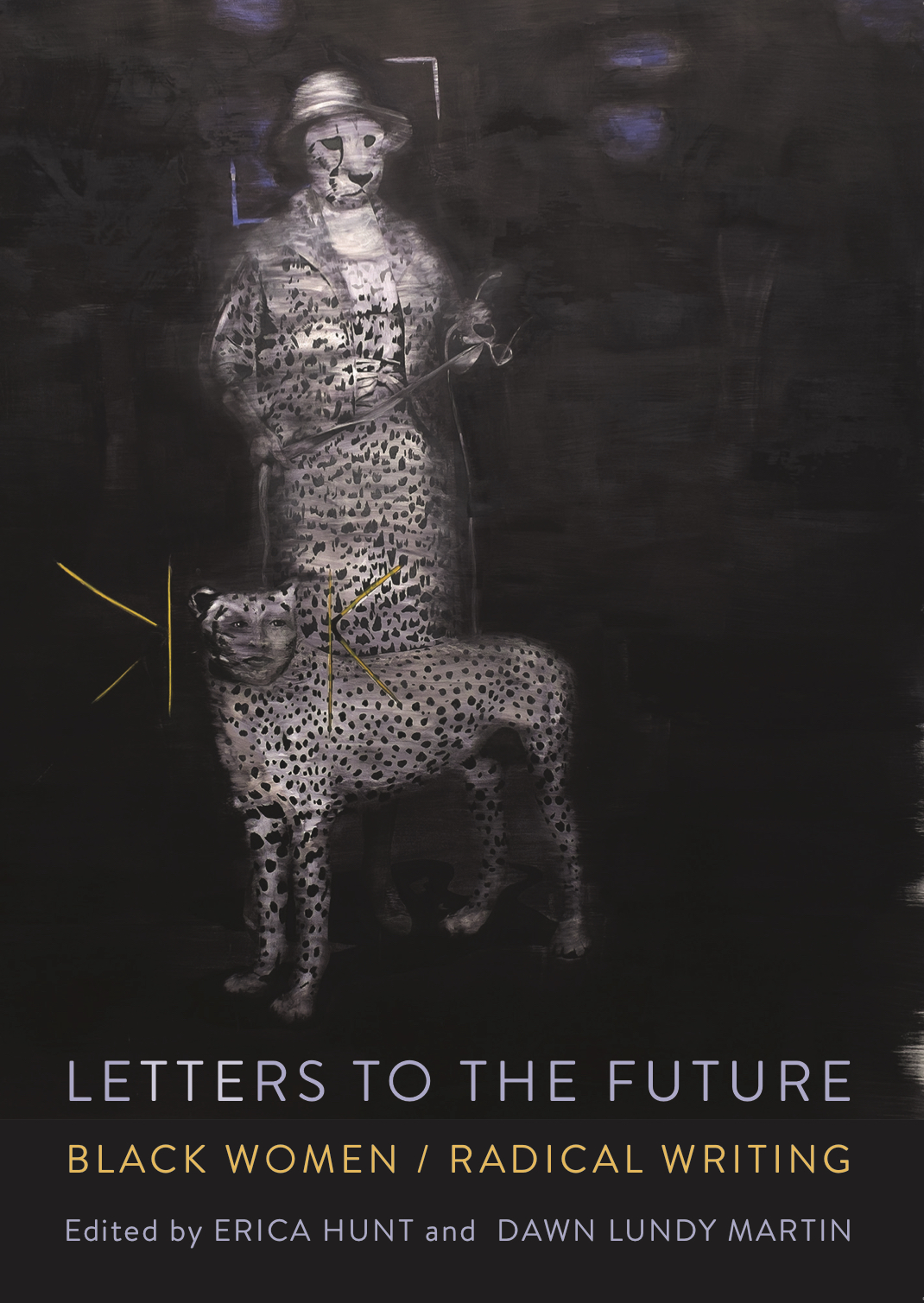Books & Publications
Good Stock Strange Blood
Coffee House Press, 2017
Buy from Coffee House | B&N | Amazon
"Every time I read Good Stock Strange Blood, a new book awaits me. Which is to say, it's got trapdoors, trick sleeves; it takes swerves, detours, and dives. Dawn Lundy Martin's poems read like a real-time excavation of what poetry can and can't do; how the past is never past; how to stand in the blur, the 'griefmouth' of personal and collective pain, and somehow make thought, make fury, make song."
—Maggie Nelson, author of The Argonauts
REVIEWS OF GOOD STOCK STRANGE BLOOD
"Martin uses a whiplash of short, punched-at-us phrases that offer a powerful sense of African American history and the struggle to define oneself for oneself, not as others would . . . An important work for sophisticated readers” —Barbara Hoffert, Library Journal
Life in a Box is a Pretty Life
Nightboat Books, 2015
Buy from Nightboat | SPD | Amazon
"Incarceration's tortured relation to beauty is as old as the blues, as the sonnet, as Jerome's incessant decoration of his own mind, the way he (ex)tends his interiority within a bleak and blank interior while lusting after transcendence. In Life in a Box is a Pretty Life, Dawn Lundy Martin keeps this question close. Her open secret is ravishing."
—Fred Moten
REVIEWS OF LIFE IN A BOX IS A PRETTY LIFE
"Life in a Box is a Pretty Life is a work of intricate emotional and intellectual clarity. In it, Martin suggests that though our understanding of the forces shaping the world we inhabit may be fragmentary, we persist in and in spite of them." —Sueyen Juliette Lee, Constant Critic
"Martin’s poetry is a high-wire act, a combination of audacity and control, and she likes to work without a net." —Paul Scott Stanfield, Ploughshares
REVIEWS OF DISCIPLINE
“I simplify things by pretending to resist,” Martin writes in Discipline, and in fact what makes this book so striking—and, I would argue, so important—is its knotted enactment of this dynamic of power and resistance" —Alan Gilbert, Poetry Foundation
"The reader happening upon this collection of poems, and expecting all of the comforts we expect from verse, will soon find herself besieged. What we have here is a reckoning—Prometheus chained and tortured for making us the gift of fire, as we are made to watch" —E.C. Belli, BOMB Magazine
No Regrets
n+1, 2013
Buy from n+1
No Regrets talks to twelve writers, editors, academics, and artists—including Dawn Lundy Martin, Elif Batuman, Emily Gould, and many others—about life and reading in their early twenties. Edited by Dayna Tortorici.
A Gathering of Matter / A Matter of Gathering
University of Georgia, 2007
Buy from UGA | Amazon
"It is the leap, not necessarily the landing, that forces risk and invention. Martin has taken such a leap and, in the process, invented new ways in which to engage and experience language. A Gathering of Matter / A Matter of Gathering is an ambitious debut book of poems that does not consult with convention, but rather vehemently argues with it."
—Nicole Sealey
REVIEWS OF A GATHERING OF MATTER
"The authority with which Martin writes will astound readers and reviewers alike; we can expect many more surprises from this promising poet." —Nicole Sealey, Drunken Boat
A collection of poems, essays, elder conversations, and visual works, Letters to the Future: Black WOMEN / Radical WRITING, celebrates temporal, spatial, formal, and linguistically innovative literature. The anthology collects late-modern and contemporary work by Black women from the United States, England, Canada, and the Caribbean—work that challenges readers to participate in meaning making. Because one contextual framework for the collection is “art as a form of epistemology,” the writing in the anthology is the kind of work driven by the writer’s desire to radically present, uncovering what she knows and does not know, as well as critically addressing the future.
